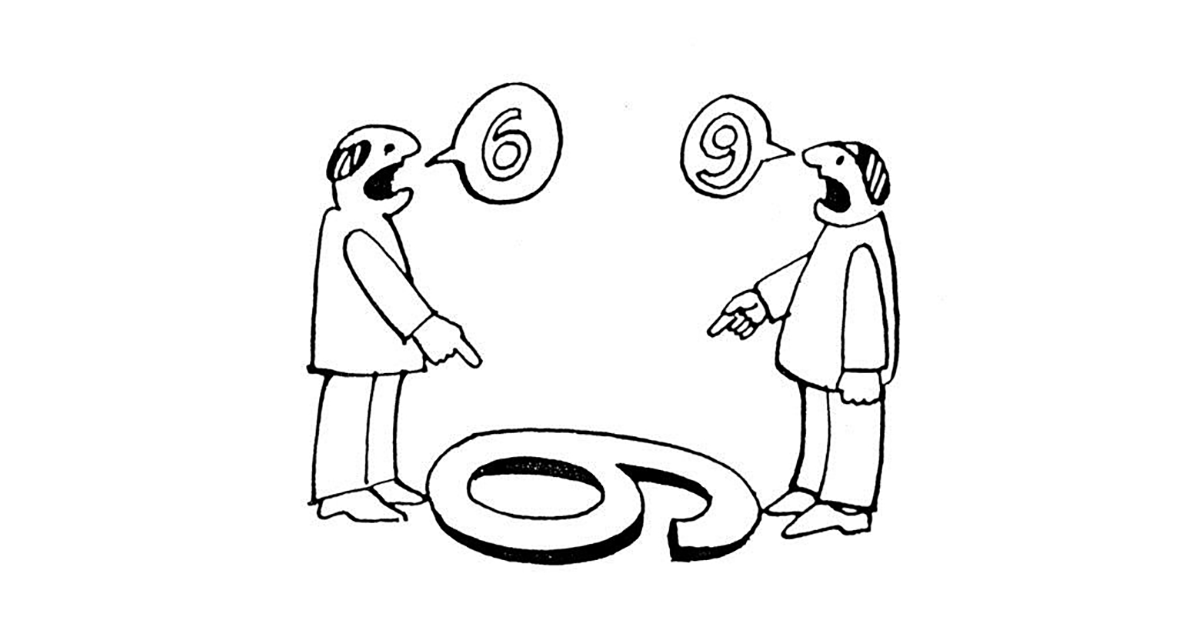Over the past two years we’ve seen a marked increase in interest for our team development work which utilises the TTI Success Insights tools. In short, these tools measure our observable behaviour (DISC), motivators and emotional intelligence.
While the work has a focus on individual awareness of our own behaviour and how it is received by others, often the real value comes in the team workshop. A time when team members share their communication preferences and what motivators and look towards understanding where each other are coming from in their work. In the last year, we’ve taken a step towards helping bring conversations about how we feel at work into these sessions.
By utilising the Emotional Culture Deck, we’ve had the teams reflect on how they’ve been feeling at work. Without fail we see commonality in how team members have been feeling. Not only the areas that may be needing attention for improvement, but also an opportunity to celebrate successes and what’s been going well.
So often we think about our emotions as happy, sad and angry but there are so much more. And when we start talking about how we’re feeling the positive impacts are varied. We can label our own emotions, identify what triggers those emotions and build strategies to manage those emotions to prevent an unwated negative impact on the people around us. It can enable us to understand how others are feeling and where we need to adapt to minimise those negative emotions and build on the positives.
Don’t get me wrong, we’re not looking to avoid negative emotions, they’re a critical part of life that provide very important information when used effectively. By realising we’re not alone in how we’re feeling and supporting each other when we see those feelings pop up, can take a good team to a high performing team. When negative emotions are ignored there is a direct impact on decision making, creativity, problem solving, motivation and engagement.
To extend the conversation about how we feel at work, we can talk about what the team needs to be feeling in order to be successful and what feelings would detract from that. What rituals as a team that we do daily, weekly, monthly or more, that help create those desired feelings can really help to move the team forward with what practical changes can impact a positive next step.
The feedback we’ve had from clients when we’ve added this conversation about emotions at work has been overwhelmingly positive. These conversations are becoming the norm at work and in teams. Long gone are the days of “leave your emotions at the door, we’re here to work”.
Check out the snippet later in the newsletter for a safe little play with the Emotional Culture Deck game. It might feel uncomfortable to step into this new game that may feel vulnerable, but remember discomfort can be a sign of growth and learning.

